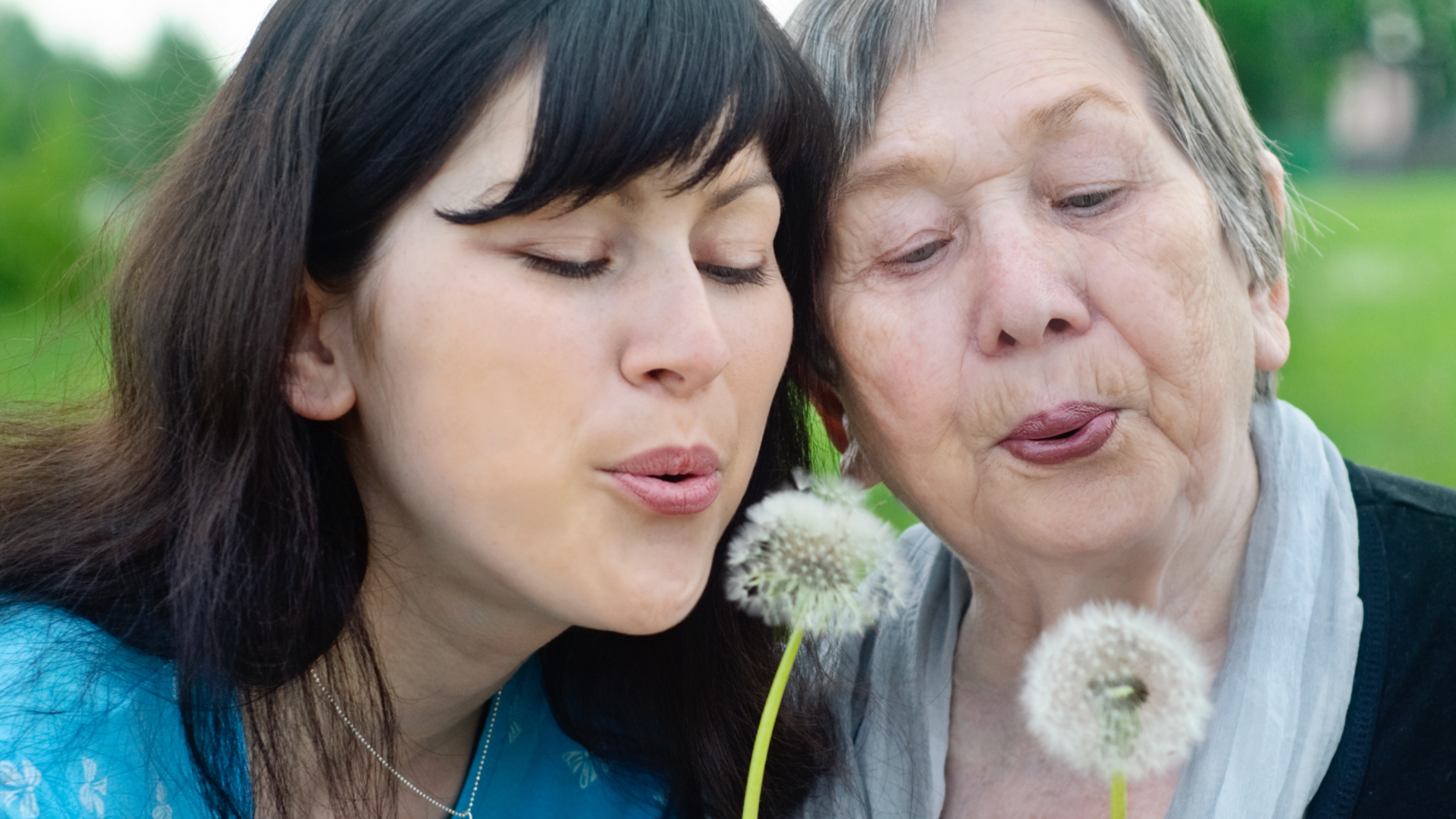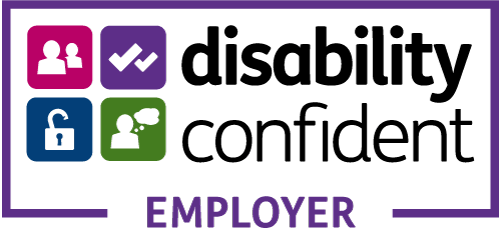What happens to that form ?
We know it can be hard to take that first step to seeking out help.
Thank you for your referral (read this at your leisure and if it’s hard to take in, put it to one side – it is a could read not a must read)
We understand that taking this first step to seek support and help is for some people quite a big decision. We thought it might be helpful to tell you what happens to your referral form and how we use it, along with what you can expect to happen. We will also provide some links to information that may help you prepare for therapy.
The form you completed asks you describe your problem and some background details about you. You would have also answered some questions about specific things that we know trouble people in a similar position to yourself. You would have rated how frequently and intensely they impact you. This helps us plan the best way to respond and what sort of therapy would help.
The form is processed the day after you submit it (for Friday-Sunday we look at them on Monday). They are usually all read and reviewed by 1pm. Clinical staff read them all and will allocate them to a type of therapy that best matches your problem and needs. A booking clerk will then contact you later that day or the next morning to arrange your assessment appointment. Your appointment offer will usually be within two to three weeks of this contact. If it is not convenient, they will find a date and time that works for you. We strongly encourage people to have this assessment as soon as possible, starting therapy works better if you act as quickly as possible after you make that initial decision to seek help.
In most cases the therapist you see for an assessment will be the same person who continues with you for your therapy. However, for some people they may have not been able to get across all of their needs on the form. The therapist will talk with you about either a different form of therapy or allocating you for a longer duration of therapy.
In some circumstances, when reviewing your referral form, we can see there are some really urgent issues that we need to know more about and we might be concerned about your safety. A senior clinician will then phone you on the day we receive your referral. This is to check that coming to therapy is the best plan, or so we can support you accessing more urgent help if this is needed.
Therapy is very effective. There are some things you can do that will help you get the most out of it.
- If you can, always talk to a close friend or loved one about your decision, they can help you keep your appointment, even come along with you, in case you become nervous about your decision. A lot of our therapy at this time, is offered over the phone or by video. This can be very convenient but also you are in surroundings that you are familiar with. However, do try to make that space at home private, so you can talk freely without disturbances.
- Try to think a little bit about the problems you are struggling with, writing about them can help. Also, think about what changes you want to make or the things you want to be able to do or maybe stop, habits that have become unhelpful. But, don’t worry if you can’t do any of this. Your therapist will be very skilled at helping you express yourself.
- If for any reason, the appointment offered has to be changed, then just get in contact but do try to give us some notice. Ideally 48 hours or more. If something happens on the day, let us know you have to change the appointment. All our cancelled appointments can then be offered to other people. If you cancel, we will aim to get you back in as soon as possible.
On the next page are some helpful numbers and links to resources.
If it becomes too much and you need really urgent help, or to just talk with someone to help you get through, even if you have made your referral, you can ring these numbers. Let them know you have referred yourself to us. Ringing them will not affect your referral to us (they will not share your details with us) but if they do offer some different help, that you take up, let us know if you then want to cancel your therapy with us.
Local Mental Health helplines
Derby 0800 028 0077
Kooth Urgent Support - Kooth
Domestic abuse Domestic abuse - Derbyshire County Council
Other National numbers
https://www.nhs.uk/conditions/stress-anxiety-depression/mental-health-helplines/
Some helpful links
https://www.nhs.uk/oneyou/every-mind-matters/
https://www.nhs.uk/conditions/stress-anxiety-depression/self-help-therapies/
The types of therapy you will be offered depending on your needs
https://www.nhs.uk/conditions/stress-anxiety-depression/types-of-therapy/
What might happen in my therapy
https://www.bacp.co.uk/about-therapy/what-is-counselling/
https://www.babcp.com/public/what-is-cbt.aspx
Accreditation
All our qualified therapists are accredited with the BACP/BABCP/UKCP (or working towards accreditation). This means they have followed a specified training, follow a code of ethics, are supervised and keep up with training.
We follow NHS guidance and standards on what works for people, that has been shown in research to get the best results and based on feedback from clients. We also track closely how your therapy is helping (we will ask you to complete special forms at each session that gives us feedback on your progress) and your therapist will discuss this with you, so you get the most from your support.
Contact us
South Derbyshire 01332 265 659
North Derbyshire 01246 387 498













